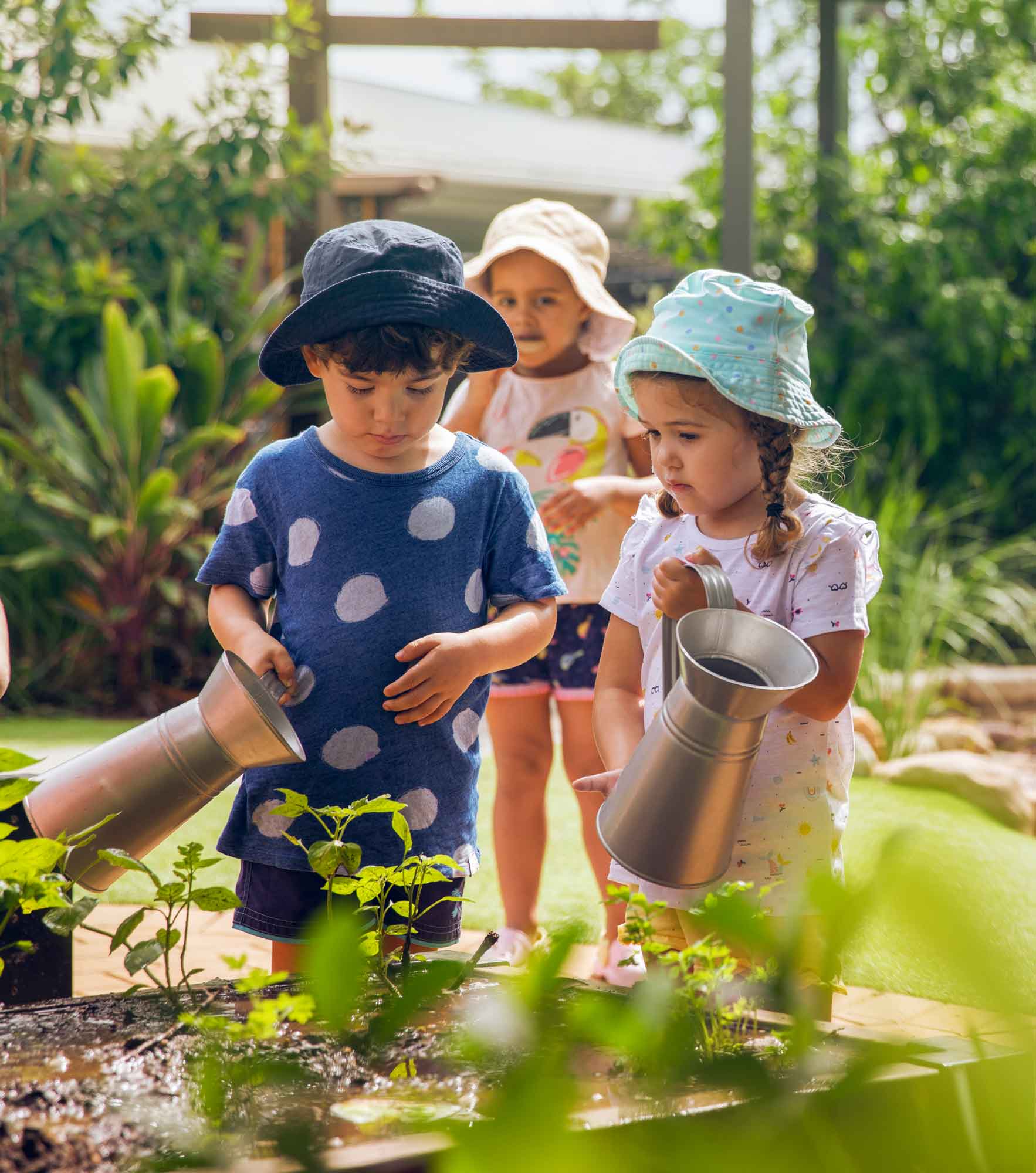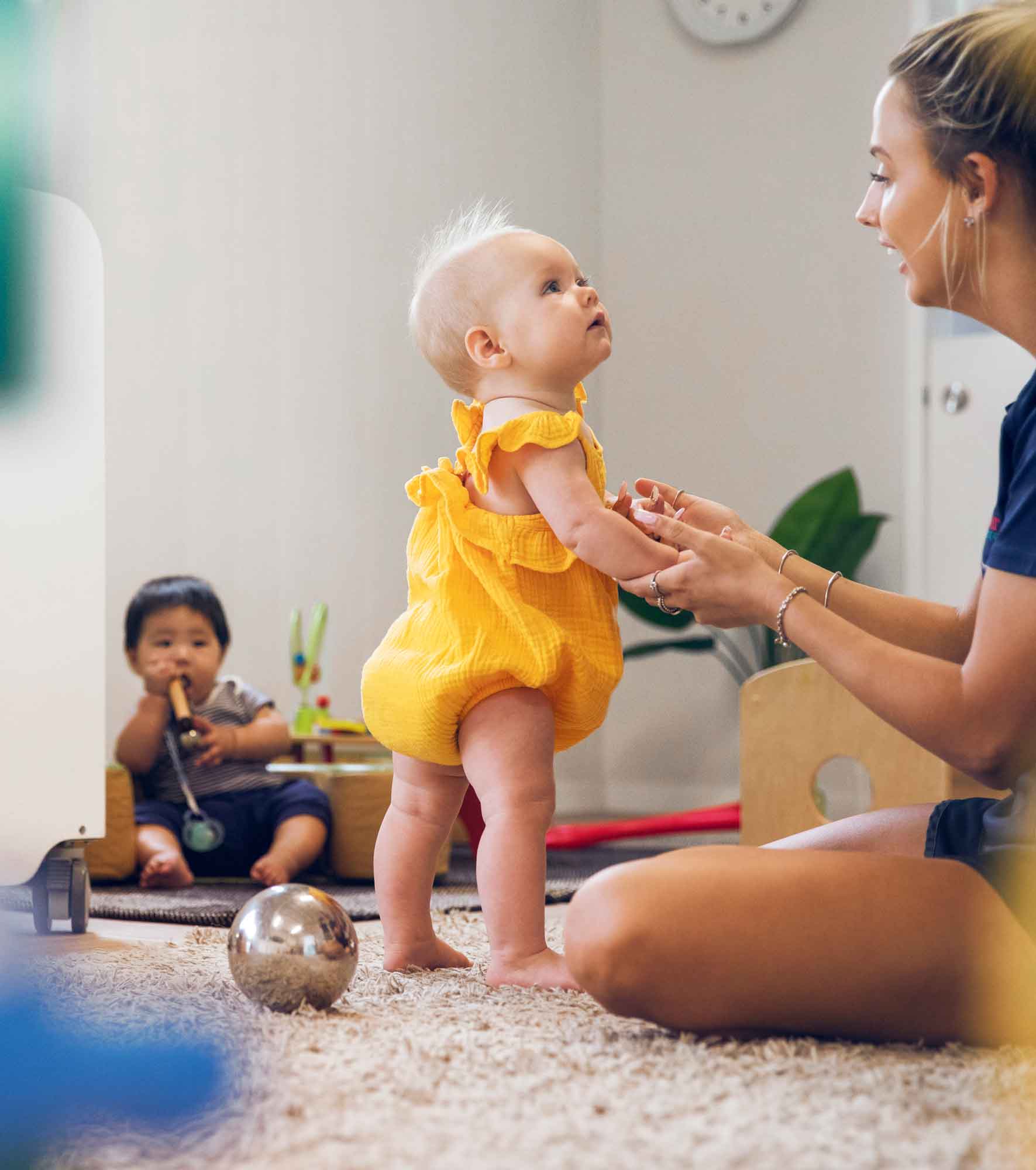Social Development In Early Childhood
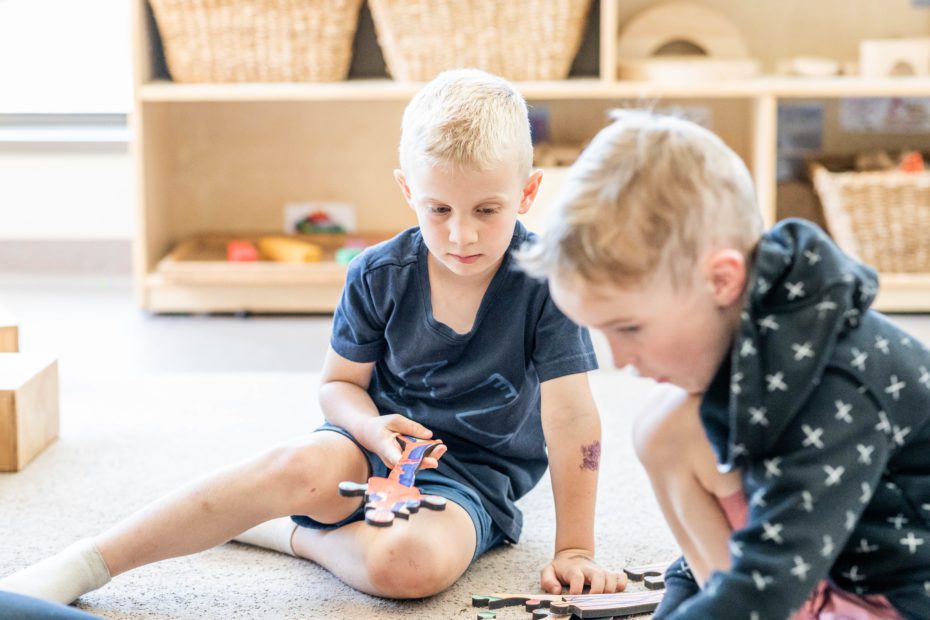
When we’re young, we are continuously exploring about the world around us. From developing essential abilities that we’ll need through life to building skills required to communicate and connect with loved ones, this is a vital part of growing up.
Social development in early childhood is one of the most important skills that we learn during this period. It is this development that helps children to make friends, understand how to behave in different situations and build their communication skills.
What is social development, though, and what are the benefits? We have taken a closer look.
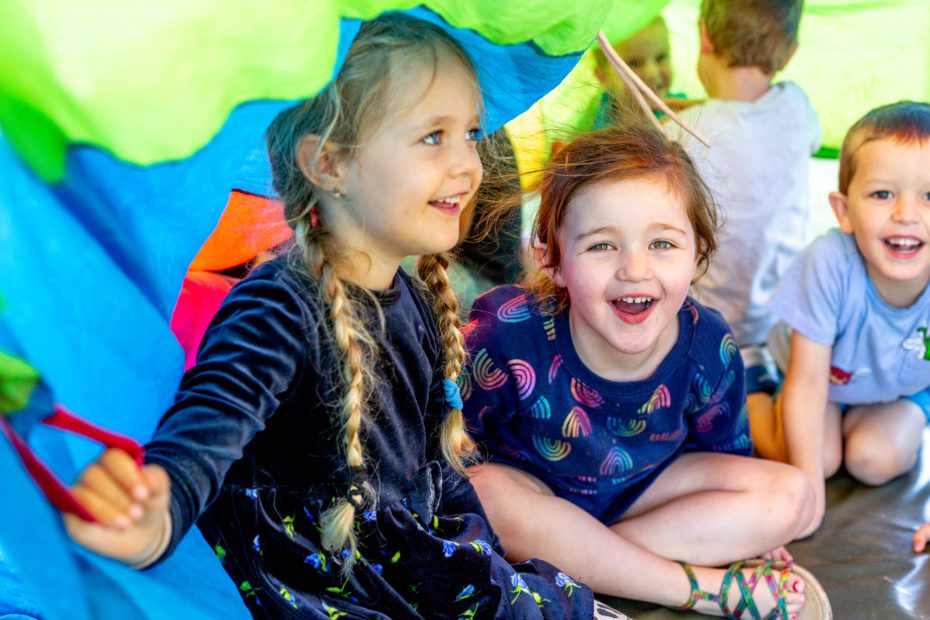
What is social development?
Social development in early childhood is vital in helping your child to develop strong relationships with those around them. However, it is not only about building connections and making friends. These formative years are crucial in teaching children how to share their feelings and understand how their behaviour impacts those around them.
Of course, social development in early childhood is not just about building relationships. The process also involves your loved ones building their knowledge and learning the values and skills required to participate in different situations. By developing these skills, children will be able to follow rules and start showing more independence and critical thinking across all aspects of their life. It will also help them to better handle conflict with their peers.
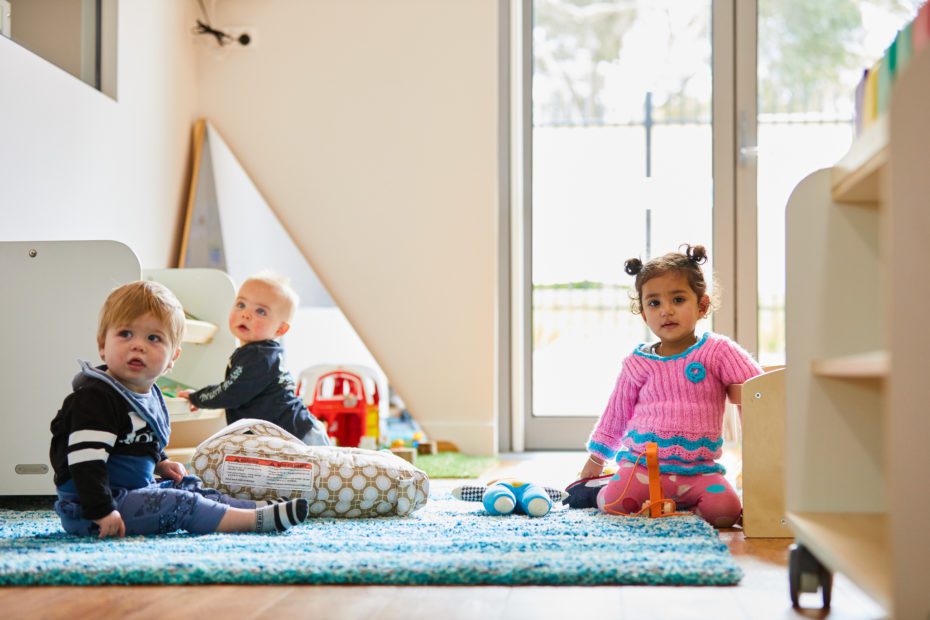
What are the benefits of social development in early childhood?
Social development can impact a child’s experiences and abilities in a wide range of areas that extend far beyond just making friends. There are many benefits to focusing on social development in early childhood, including:
Improving language skills
One of the most important aspects of developing relationships with your peers and building friendships is the ability to communicate. That is why social development also plays a major role in the improvement of language skills.
When your child has stronger social skills, they are better able to talk and communicate with those around them.
Boost their self-esteem
Those improved communication skills will result in higher self-esteem. Not being able to engage with others and develop friendships can be incredibly frustrating and upsetting for children, lowering their confidence.
When your child is able to develop a circle of friends, they will feel happier and more confident in themselves. It will also help them to begin to cultivate their own unique personality and individuality.
Better learning skills
Social development is not just about friends, though. It can also have a major impact on how your child is able to learn new skills and progress in their academic studies. Healthy and strong relationships with their peers can help children to adapt to new environments and classrooms quickly. Research has also shown that those children who struggle with developing friendships are more likely to face academic challenges later in life.
Better conflict resolution
With improved communication skills and higher self-esteem, your child will have a far better ability to resolve conflict with their peers.
Happier mood
With better relationships and a growing confidence, it is common that you will find your loved one in a better mood and engaging with the world around them more.
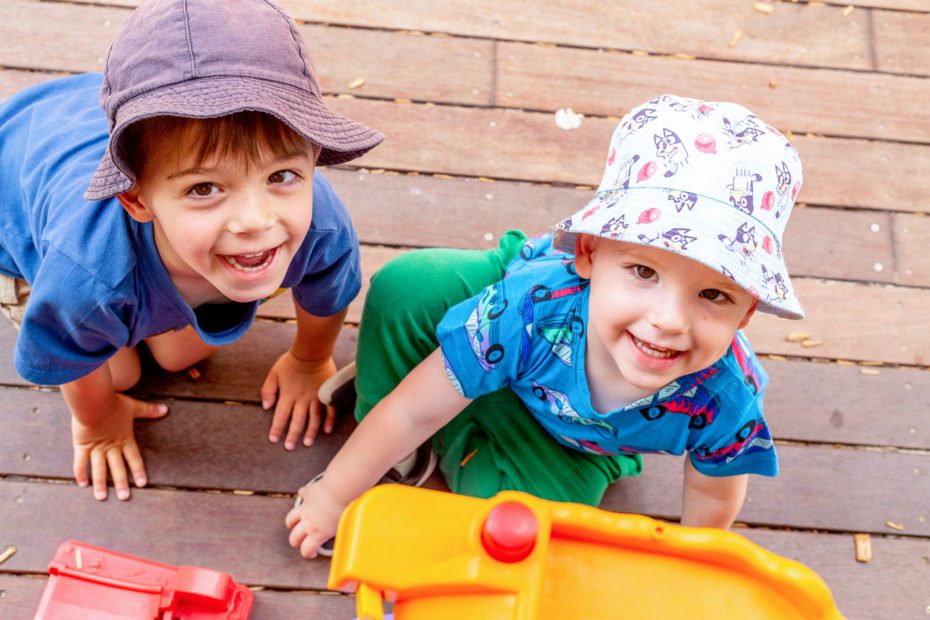
How to encourage social and emotional development
While there can be no denying the many benefits that come from strong social development in early childhood, how can you encourage this in your child? Parents, primary carers and teachers play a crucial role in this development, nurturing their emotional and social skills.
This emotional learning process begins from the moment they are born and continues throughout their early years. Some of the most effective ways of doing this include:
- Up to 12 months
When your baby is very young, a great way to develop their social skills is to make plenty of physical contact. Regularly showing you are responding to their needs and are a consistent part of their life is very important.
- 12 to 24 months
As your child begins to develop their independence, you should start to set boundaries and develop clear and consistent routines.
- 24 to 36 months
This period can be very challenging, as your child will begin to push the boundaries. Make sure you are consistent with the rules and offer plenty of encouragement and praise.
- 36 to 48 months
When your child reaches three, it is important to ensure your child is learning how to play with others and share. You will also want to support them in trusting other people.
- 48 months
From the age of four and up, you should make sure that you are paying close attention to your child when they are talking and supporting them in expressing and managing their emotions. Make sure that you are patient with their questions and that you are continuously praising them and saying positive things.
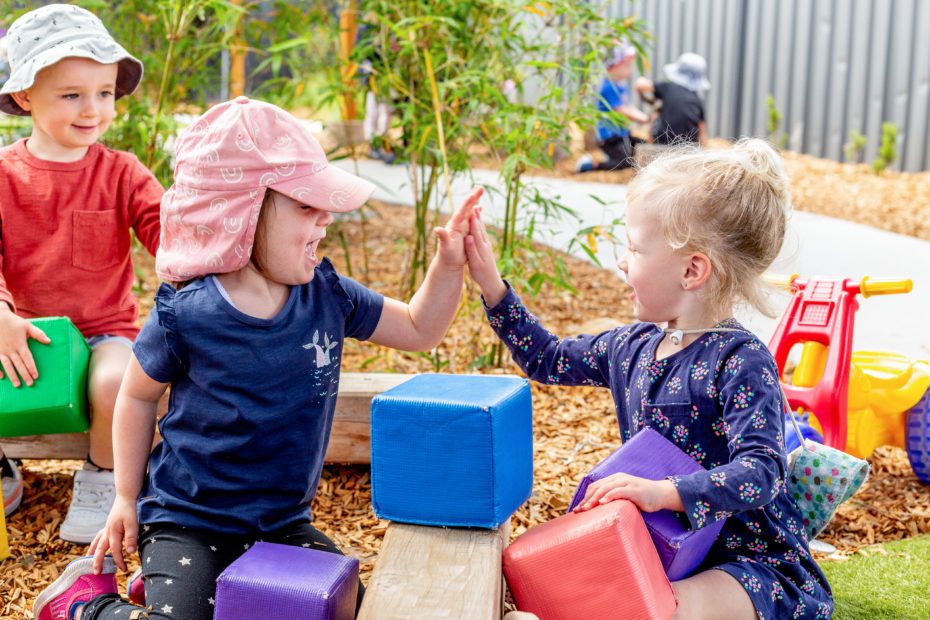
What can you do to support your child?
No two children are the same, though, and we all learn in different ways, so what can you do to support your child? Here are some top tips to help you:
- Up to 12 months
During the first 12 months, regularly talking, singing and playing with your child, especially while feeding and changing, them can help to develop their social skills. Reading and telling them stories, as well as narrating your day-to-day activities, also helps to build a connection between you.
- 12 to 36 months
As your child begins to develop and learn social skills, you can start to play more collaborative games together, having them copy your movements. Singing and reading are also very important, so make sure you are being consistent with them.
- 36 to 60 months
During this period, your child will begin their education and you might start noticing some separation anxiety. This is completely normal, though, so you should remain consistent in your approach, playing more complex games and encouraging your child to start learning more about the world around them.
Want to start your child’s journey?
Here at Journey, we know just how important social development in early childhood is. That is why our experienced team encourage each of our little stars to engage with each other and embrace their curiosity.
